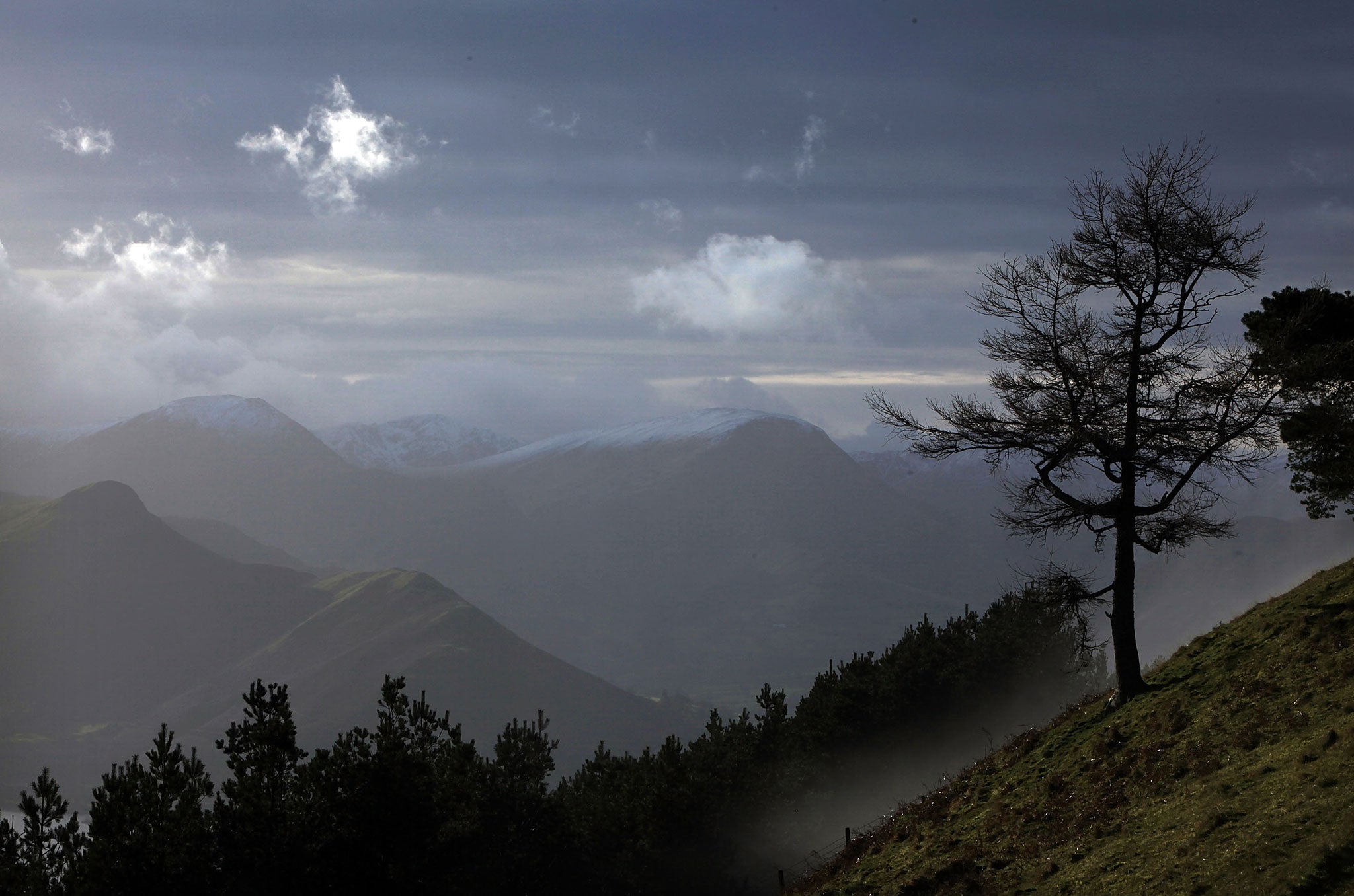Nick Boles wants to build on the greenbelt, but it's too soon for us to admire man-made landscapes
Plus: From Russia with repetition and one actor who isn't showing his age

You don't often hear an Augustan in full cry any more but I'm pretty sure I did the other day, when the planning minister Nick Boles declared that "the built environment can be more beautiful than nature". "We shouldn't obsess about the fact that the only landscapes that are beautiful are open," he continued, "sometimes buildings are better."
Which for an enormous number of people these days is fighting talk. Boles knows it, because his interest in aesthetic theory isn't entirely disinterested. He's trying to relax planning regulations so that more homes can be built and he knows he will be opposed by those who fiercely defend what they see as "unspoilt countryside".
So he wants to shift the terms of the debate from the simplistic nature equals good, man-made equals bad, which (crudely speaking) has prevailed for the past 150 years. As a closet Augustan myself I have some sympathy for this endeavour, though I wouldn't bet a lot of money on his ability to overturn the embedded prejudice.
The truth is that we're all Romantics now, even the closet Augustans among us. When I look at a Lake District landscape (pictured), only the odd cottage roof interrupting the view (in concordance with the best picturesque theory) I don't see a "horrid" wasteland, unnerving in its wildness. I see what is now a default epitome of natural beauty.
And the fact that this is inescapably a man-made landscape, shaped and preserved by sheep-farming, latticed by stone-walls and mining tracks, is neither here nor there. The landscape has always been gardened. It's just that the style has changed.
An attitude that was at one time mockably eccentric – that the uncultivated and untouched is more beautiful to look at than the fruits of enlightened human management – has become so commonplace that it even distorts how we see paintings made at the moment of that shift in sensibility. Constable painted scenes of agricultural industry and human labour. We see scenes of prelapsarian bucolic under-development.
The Augustans started the process, it's true. Alexander Pope wrote about "the amiable simplicity of unadorned nature", hinting at an equivalence between the "natural" and the highest beauty. But in practice he didn't think for a moment that anyone would actually be foolish enough to leave nature to it. Simplicity was a sophisticated affair and "unadorned nature" was the end result of a lot of digging and damming and planting. The Romantics, by contrast, relished the splintered, the jagged and the untrimmed – but preserved enough of the Augustan in them to feel a delicious thrill at the challenge wilderness represented to human security. They didn't like wild landscapes because they were easy to love (as they are to a degree for us, since we've been born to the idea). They liked them because they were hard to love, and the stomach did a roll in contemplating that step into the abyss.
It's not easy to think of a greater reversal of sensibility in British cultural history, or one that struck such deep and tenacious roots. And it does make you wonder whether intellectual fashion (yes, it is a fashion) will ever turn back the other way. Is Boles's bold statement the first hint of an Augustan fightback that will one day see a landscape of fruitful productivity and well-designed suburban sprawl as the sort of view that most deeply stirs our inner emotions?
The fact that it's hard to even get your head round such a notion suggests how high a mountain (a rugged, ragged Romantic mountain) he has to climb to change opinions — perhaps in another 100 years.
But in the short term, I think he's unlikely to get his way by rebooting the sensibilities of the entire nation and persuading us that a three-bedroom detached house with garage and side-return to a good sized garden is just as beautiful as a pine on Highland crag.
From Russia with repetition
At the Saatchi's new exhibition of recent Russian art the other day, I found myself thinking about the power of repetition. Looking at one particular work, I thought, "That's just the kind of thing you might see in an A Level art room." It was a painting that nodded to historical precedent and made up for its lack of finesse with an expressive vigour. But the fact that there were another six or seven similar pieces alongside altered that first impression. An A Level student would have moved on to the next bit of homework, after all, so an implicit claim to artistic commitment was made simply by the fact that the artist had done another one, and then another. Dangerous trick, though. Get it right and the viewer might just think, "Hmm... consistency." Get it wrong and they'll be thinking, "Hmm... Hyde Park railings."
One actor who isn't showing his age
Odd thing psychological plausibility. When a friend complained about the plot of Arthur Wing Pinero's The Magistrate on the grounds that it depended on a 14-year-old not knowing that he was actually 19, I agreed. But then. would you really know if you'd never been told? Some 14-year-olds have moustaches. Some 19-year-olds are as fresh-faced as babies. If kept in ignorance all your life, wouldn't it be all too easy to lose track and believe whatever you were told? This doesn't get Pinero off the hook, I think, since the fib that kicks off his play is relatively recent, and that won't fly at all. But he could have made it believable.

Join our commenting forum
Join thought-provoking conversations, follow other Independent readers and see their replies